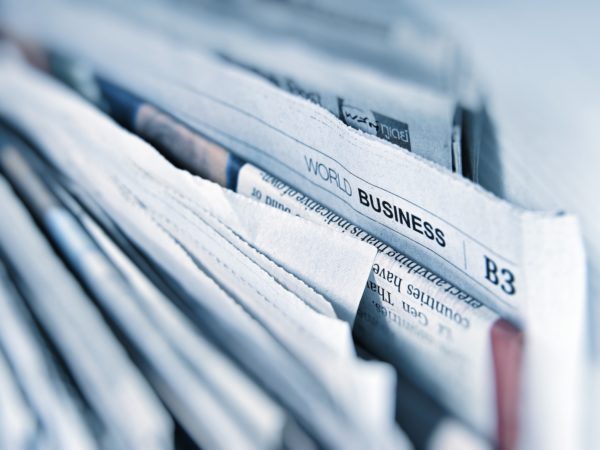In the News
-
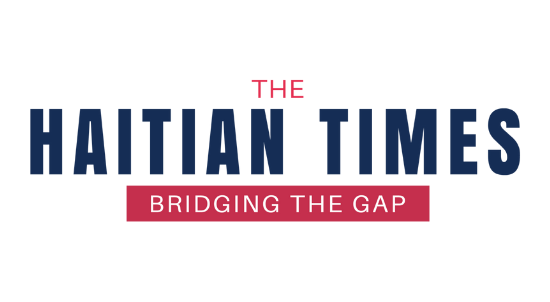 25 February 2022
25 February 2022Haitian farmers displaced by Caracol project still await compensation
Three years ago, hundreds of farmers displaced by the Caracol Industrial Park forged an agreement with the Haitian government and Inter-American Development Bank (IDB) after years of demanding compensation. In exchange for relocating, the farmers affected were supposed to receive direct compensation in the form of jobs, and in some cases, new plots of land. -
 24 February 2022
24 February 2022As Haiti’s Caracol park grows, residents demand housing, roads, health care
Local residents and their advocates say infrastructure improvements in the surrounding region should also take place along with growth inside the industrial park, which largely contains textile factory jobs. -
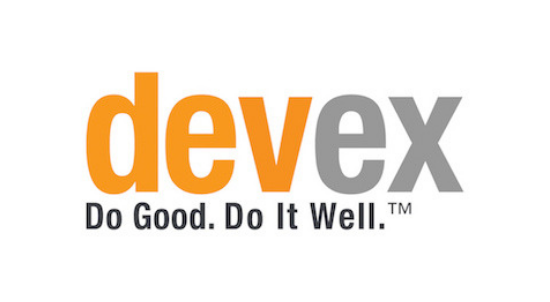 23 February 2022
23 February 2022How an IDB land deal for Haiti’s farmers went wrong
Three years ago, a community in northeast Haiti was jubilant: They had reached a deal with the Haitian government and the Inter-American Development Bank to compensate for harms they suffered as a result of an IDB-financed industrial park that had seized their land for construction. But more than three years later, many families who were supposed to be compensated are still waiting. -
 23 February 2022
23 February 20223 years on, Haitians displaced by IDB project await land compensation
Three years after the IDB and the Haitian government signed the binding agreement, many families still await compensation for the seizure of their land — even as the bank in November approved an additional $65 million for the park’s expansion. -
 22 December 2021
22 December 2021These MDB investments got our attention in 2021
The World Bank is entering into a dispute resolution process over a major urban project — with a total expected cost of some $183 million — in Kampala, Uganda, that faced strong pushback from the local community. -
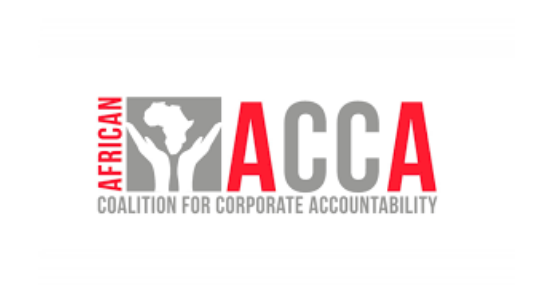 20 December 2021
20 December 2021Op-Ed: African Development Bank Restructures Its Accountability Office: What Does this Mean for African Communities?
The African Development Bank recently updated its accountability office, the Independent Recourse Mechanism. What do these changes mean for communities seeking justice for harm stemming from the AfDB’s projects? -
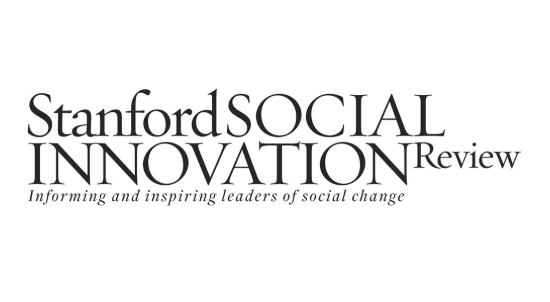 16 December 2021
16 December 2021Using Founder Sabbaticals as Organizational Reset
Founder sabbaticals are as important for the organization as for the well-being of the founder. But for a founder’s sabbatical to build organizational resilience, examine internal power dynamics, and prepare for the founder’s eventual (and inevitable) departure, organizations must plan for, resource, and require them. -
 30 September 2021
30 September 2021Promoting Access to Justice Through Community-led Approaches
There are about 5 billion people globally whose justice needs are unmet, including those who cannot obtain justice for everyday problems, those who are excluded from opportunities the law provides, and those who live in extreme conditions of injustice. This article summarizes key takeaways from MCLD’s recent discussion on access to justice, featuring AC’s Stephanie Amoako. -
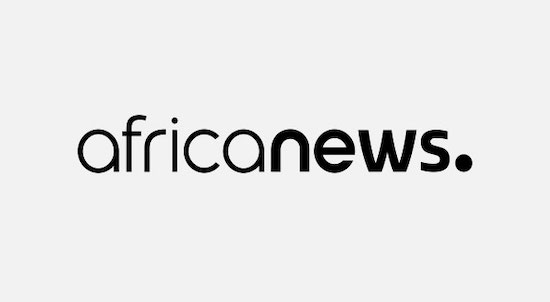 24 September 2021
24 September 2021African Development Bank adopts new policy to strengthen accountability and support people affected by its operations
The Board of Directors of the African Development Bank Group (www.AfDB.org) have approved a new policy framework for the Independent Recourse Mechanism (IRM) aimed at strengthening accountability and providing more effective recourse to people affected by Bank-financed operations. -
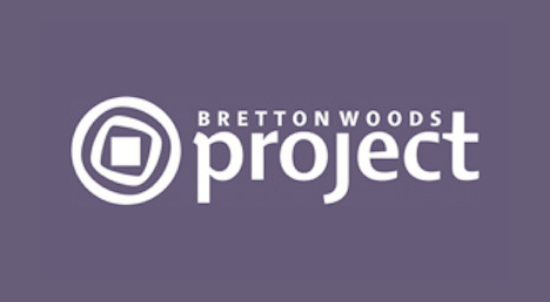 22 September 2021
22 September 2021World Bank’s new Accountability Mechanism: One step forward…?
While civil society has welcomed the creation of a dispute resolution mechanism, it has voiced concerns that the Accountability Mechanism’s structure may undermine the Inspection Panel’s independence, and lamented the lack of a mechanism for provision of remedy to affected communities. -
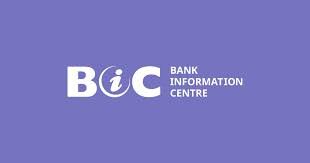 17 August 2021
17 August 2021How can the IDB and MICI effectively address the findings of OVE’s report?
BIC, Accountability Counsel, and several other partners provided the IDB with recommendations on how to effectively implement the Office of Evaluations and Oversight’s (OVE) Evaluation of the Independent Consultation and Investigation Mechanism (MICI). The IDB must strengthen MICI’s independence, capacity, and corrective action practices to enhance the mechanism’s legitimacy and ability to provide remedy to project-affected communities. -
 6 August 2021
6 August 2021Ugandan community files complaint to World Bank amid forced evictions
During the first phase, in 2014, authorities constructed a channel diversion which Accountability Counsel — an international civil society organization that advocates for communities harmed by projects like this — said ran through the land of many local residents in Kawaala, as well as cut others off from easy access to schools and basic services. -
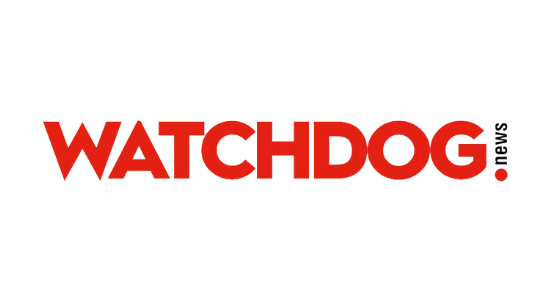 14 July 2021
14 July 2021We need fair compensation! Kawaala residents run to World Bank over KCCA’s forced eviction
The community members in Kawaala Zone II in Kampala, Uganda have filed a complaint to the World Bank’s Inspection Panel following attempts to evict them from their homes and farmland without adequate compensation. The eviction is aimed at paving way for the Lubigi drainage channel expansion. -
 13 July 2021
13 July 2021Civil society calls for IFC and MIGA to build upon CAO reform
On 1 July, the board of directors of the International Finance Corporation (IFC), the World Bank’s private sector lending arm, and the Multilateral Investment Guarantee Agency (MIGA), the World Bank’s political risk insurance arm, announced that it had finalised the development of a new policy for the Compliance Advisor Ombudsman (CAO), the independent accountability mechanism of IFC and MIGA. -
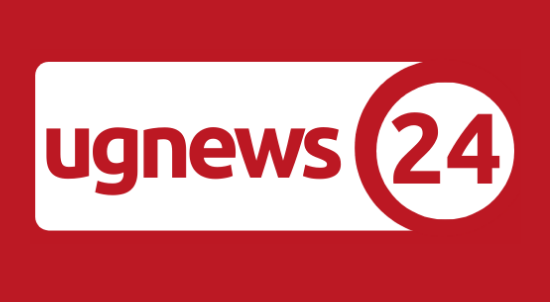 9 July 2021
9 July 2021Kawaala residents protest expansion of Lubigi channel, want fair compensation
Community members in Kawaala Zone II in Kampala, Uganda have filed a complaint to the World Bank’s Inspection Panel following attempts to evict them from their homes and farmland without adequate compensation.The eviction is intended to make way for the expansion of the Lubigi drainage channel, a project funded by the World Bank. -
 2 July 2021
2 July 2021Activists cautiously optimistic about new IFC accountability policy
The International Finance Corporation’s new accountability policy came into effect Thursday, the culmination of a yearslong process that included a landmark case the institution lost before the U.S. Supreme Court. -
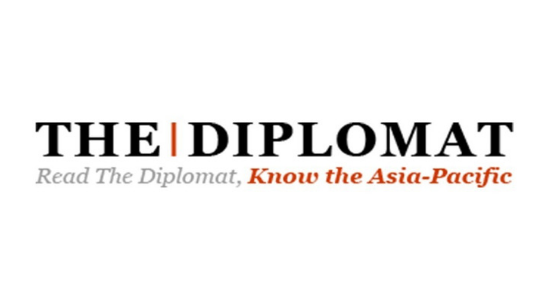 23 June 2021
23 June 2021EU Energy Project in Nepal Sets Landmark Precedent on Indigenous Consent
Indigenous rights are at a critical crossroads after communities in Nepal have succeeded in holding the European Union’s investment bank accountable for its role in forcibly constructing a hydropower project on Indigenous land. -
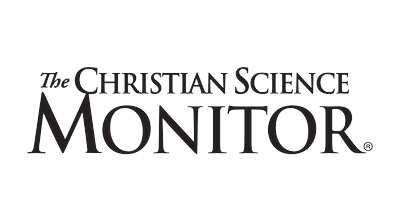 2 June 2021
2 June 2021Everything in its place: From stolen art to endangered monkeys
In a win for local Indigenous groups, the European Investment Bank (EIB) vowed to address gaps in the implementation of a hydropower project in central Nepal. -
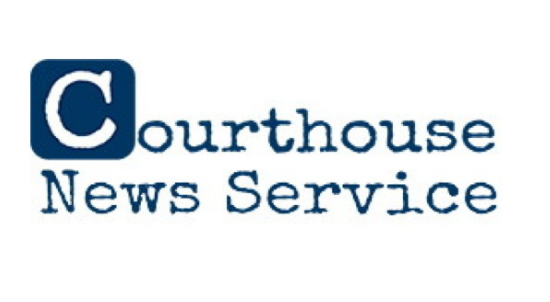 2 June 2021
2 June 2021Agency in Hot Water for Financing Fracking in the Dark
Stephanie Amoako is a senior policy associate with the Accountability Counsel, which advocates for people harmed by the kinds of projects supported by OPIC and the DFC. “The DFC should welcome any opportunity to increase transparency and accountability to the public,” Amoako said in a phone call, “particularly those most affected by the projects.” -
 12 May 2021
12 May 2021How JPMorgan’s DFI invested and defined its impact in its first year
J.P. Morgan recently released its first annual report on its year-old development finance institution. Accountability Counsel’s policy director, Margaux Day, discusses the need for J.P. Morgan’s development finance institution to develop an accountability mechanism to ensure it can effectively manage unintended risks and impacts.

